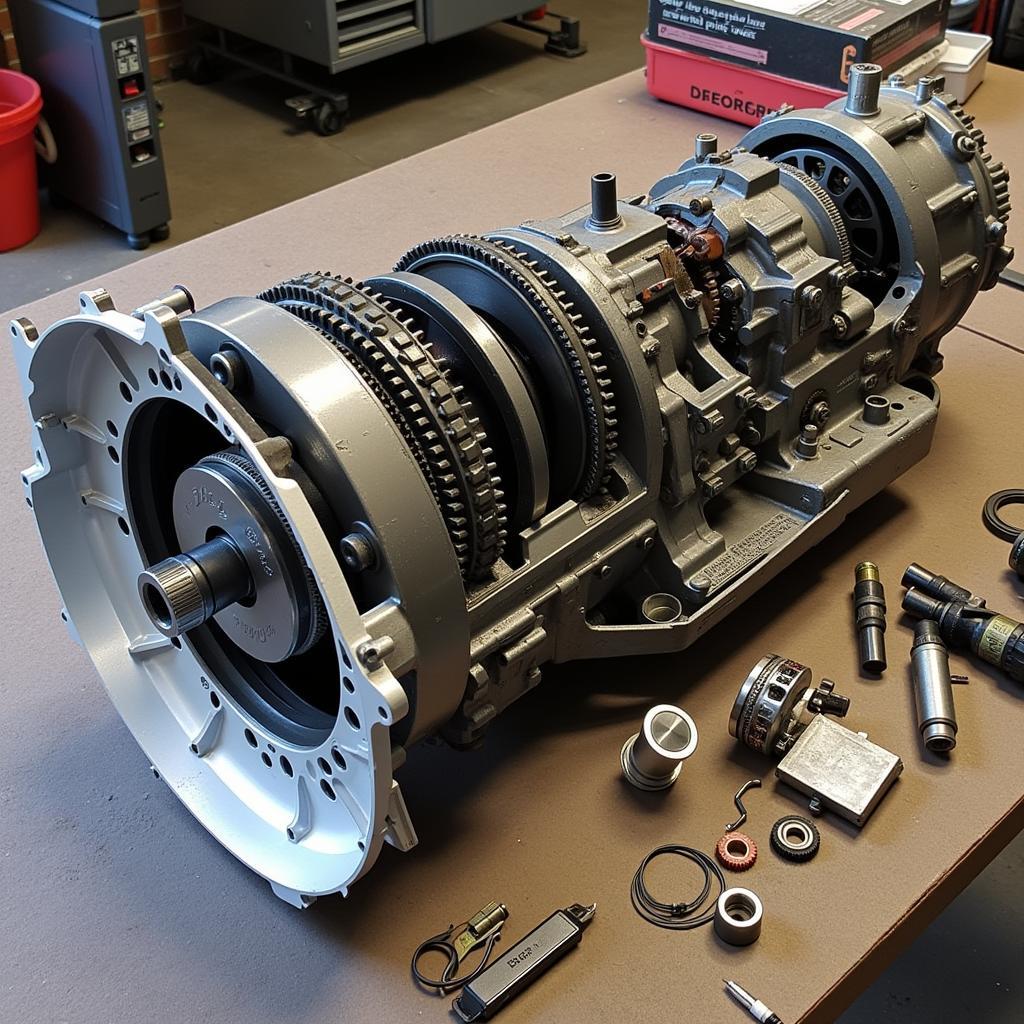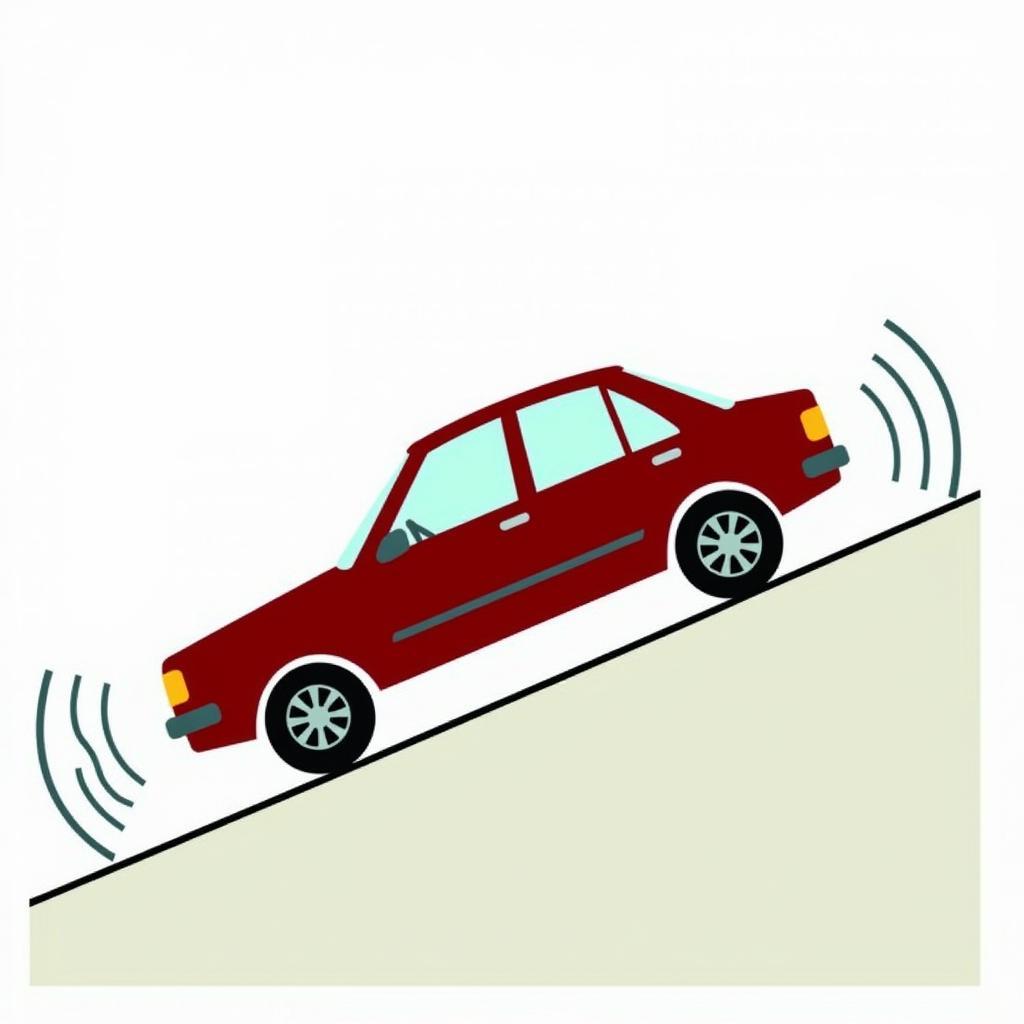Common Club Car Problems can range from minor annoyances to major malfunctions, impacting your golf game or daily commute. Understanding these issues and how to address them can save you time, money, and frustration. This comprehensive guide will delve into the most frequent club car problems, offering practical solutions and preventative maintenance tips.
club car problems are often related to the vehicle’s age, usage, and maintenance history. Whether you own a Club Car DS or Precedent, being proactive in identifying and addressing potential issues is key to ensuring smooth and reliable operation.
Understanding Common Club Car Electrical Problems
Electrical issues are a common source of frustration for Club Car owners. These can manifest in various ways, from a complete loss of power to intermittent malfunctions.
- Battery Problems: Weak or dying batteries are often the culprit behind starting issues and reduced performance. Regular battery testing and maintenance are crucial. Check the water levels, ensure proper charging, and replace worn-out batteries promptly.
- Solenoid Issues: A faulty solenoid can prevent the starter from engaging or cause intermittent starting problems. Listen for a clicking sound when turning the key. If you hear a click but the engine doesn’t turn over, the solenoid might be the issue.
- Wiring Harness Problems: Damaged or corroded wiring can lead to a range of electrical gremlins. Inspect the wiring harness for any signs of wear and tear, and replace damaged sections as needed.
 Club Car Electrical System Diagram
Club Car Electrical System Diagram
Addressing Common Club Car Mechanical Problems
Beyond electrical issues, mechanical problems can also plague Club Cars. Identifying these problems early on is essential to prevent further damage.
- Braking Issues: Worn brake pads or shoes can lead to reduced braking performance and squeaking noises. Regularly inspect and replace brake components as needed. Also, check the brake fluid levels and ensure proper bleeding of the brake lines.
- Steering Problems: Loose steering components or worn-out tie rod ends can make steering feel vague or unresponsive. Inspect the steering linkage for any play or damage and replace worn components.
- Suspension Problems: Worn shocks or bushings can lead to a bumpy ride and reduced handling. Inspect the suspension components for any signs of wear and tear and replace them as needed.
club car ds problems often include issues with the MCOR (Motor Controller Output Regulator). This component controls the speed of the motor and can cause jerky acceleration or deceleration if it malfunctions.
Common Club Car Precedent Problems and Their Solutions
club car precedent problems often revolve around the electronic speed controller. Problems can range from speed sensor malfunctions to controller failures, leading to erratic behavior. Regularly check error codes displayed on the dashboard.
“Regular preventative maintenance is the key to avoiding many common club car problems,” says John Davis, a seasoned golf cart mechanic with over 20 years of experience. “Simple checks like inspecting the batteries, tires, and brakes can save you a lot of headaches down the road.”
Why is My Club Car Not Starting? Troubleshooting Common Engine Issues
common club car engine problems often manifest as starting difficulties. This can be caused by a variety of issues, from a dead battery to a faulty starter. Check the fuel levels, spark plug condition, and air filter to rule out simple problems.
48 Volt Club Car Common Problems
48 v club car common problems can include speed controller issues, battery problems, and electrical faults. These vehicles often require specialized diagnostic tools for accurate troubleshooting.
“One common mistake I see Club Car owners make is neglecting their batteries,” adds Sarah Miller, an electrical engineer specializing in electric vehicle systems. “Proper battery maintenance is crucial for optimal performance and longevity.”
Conclusion
Common club car problems can be effectively addressed with proper diagnosis and timely maintenance. By understanding the typical issues that arise with these vehicles and following the preventative measures outlined in this guide, you can keep your Club Car running smoothly for years to come. Remember, regular maintenance is the key to preventing many common problems and ensuring the longevity of your vehicle. For further assistance or specialized repairs, don’t hesitate to contact AutoTipPro at +1 (641) 206-8880. Our office is located at 500 N St Mary’s St, San Antonio, TX 78205, United States. We’re here to help keep your Club Car in top condition.







Leave a Reply